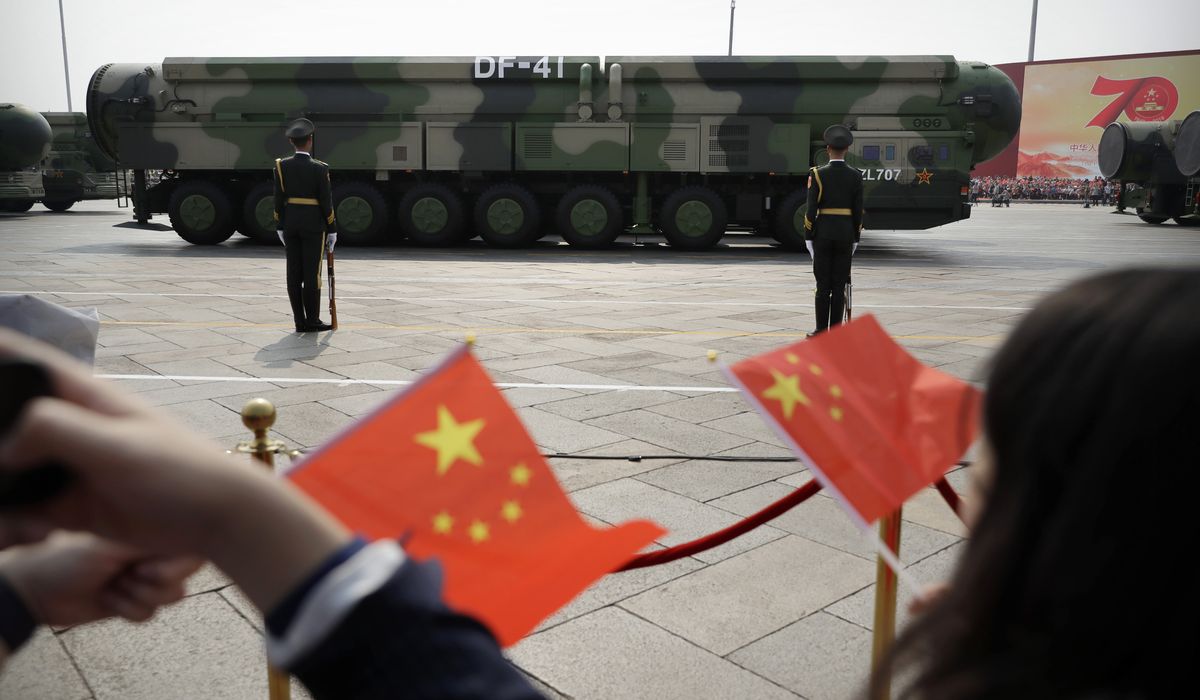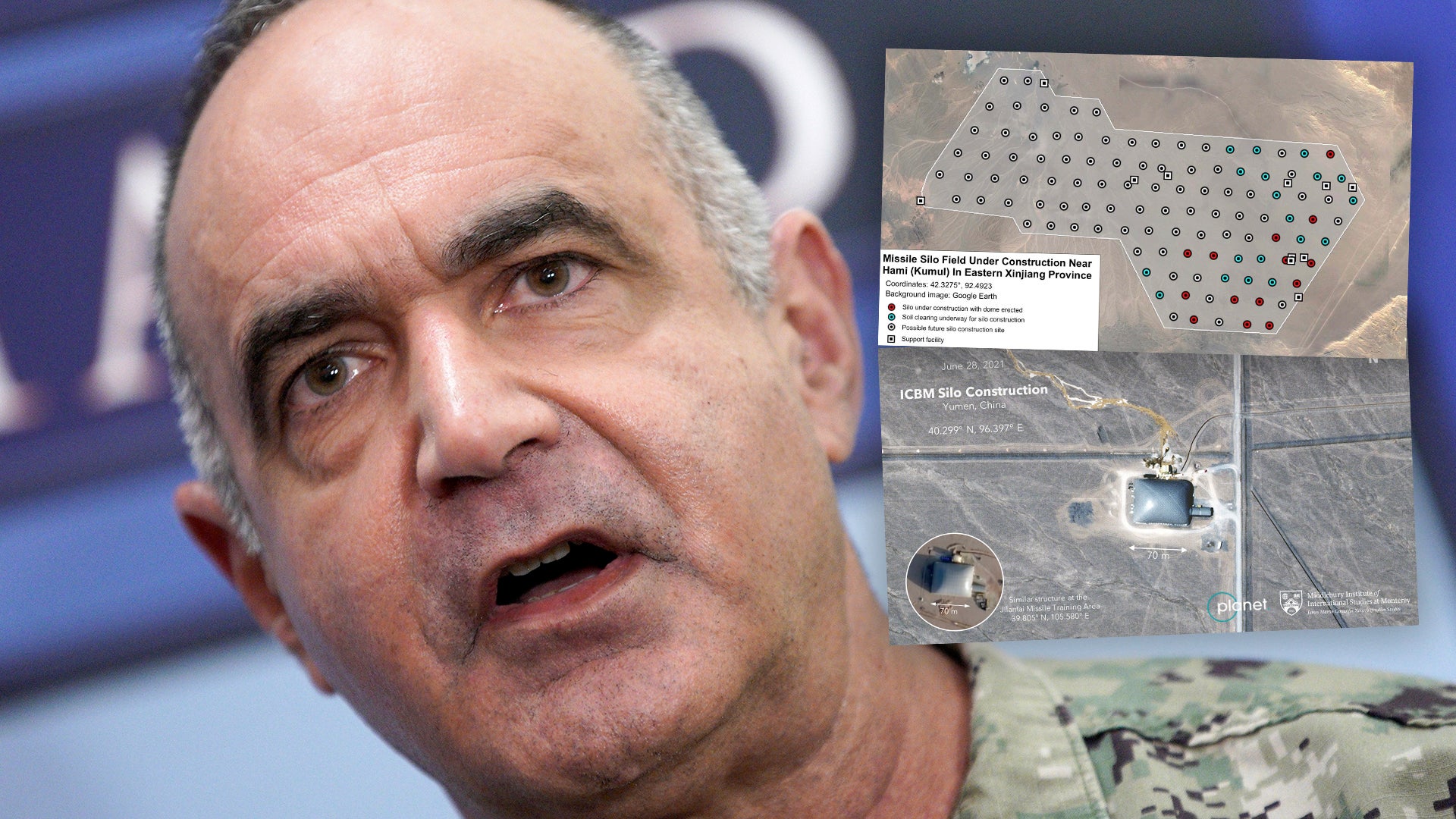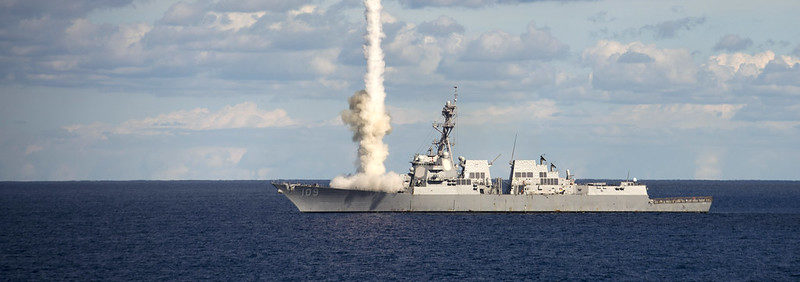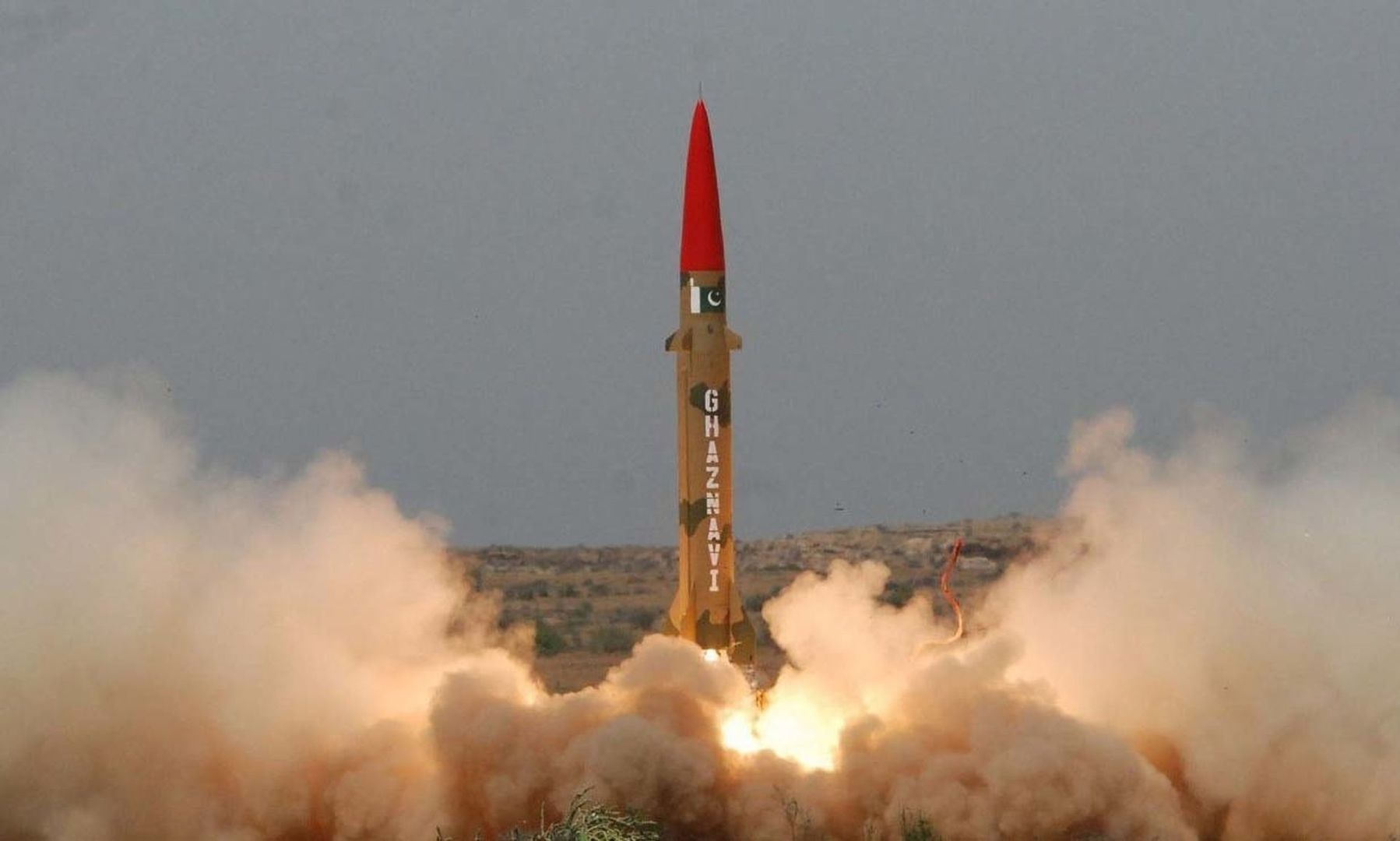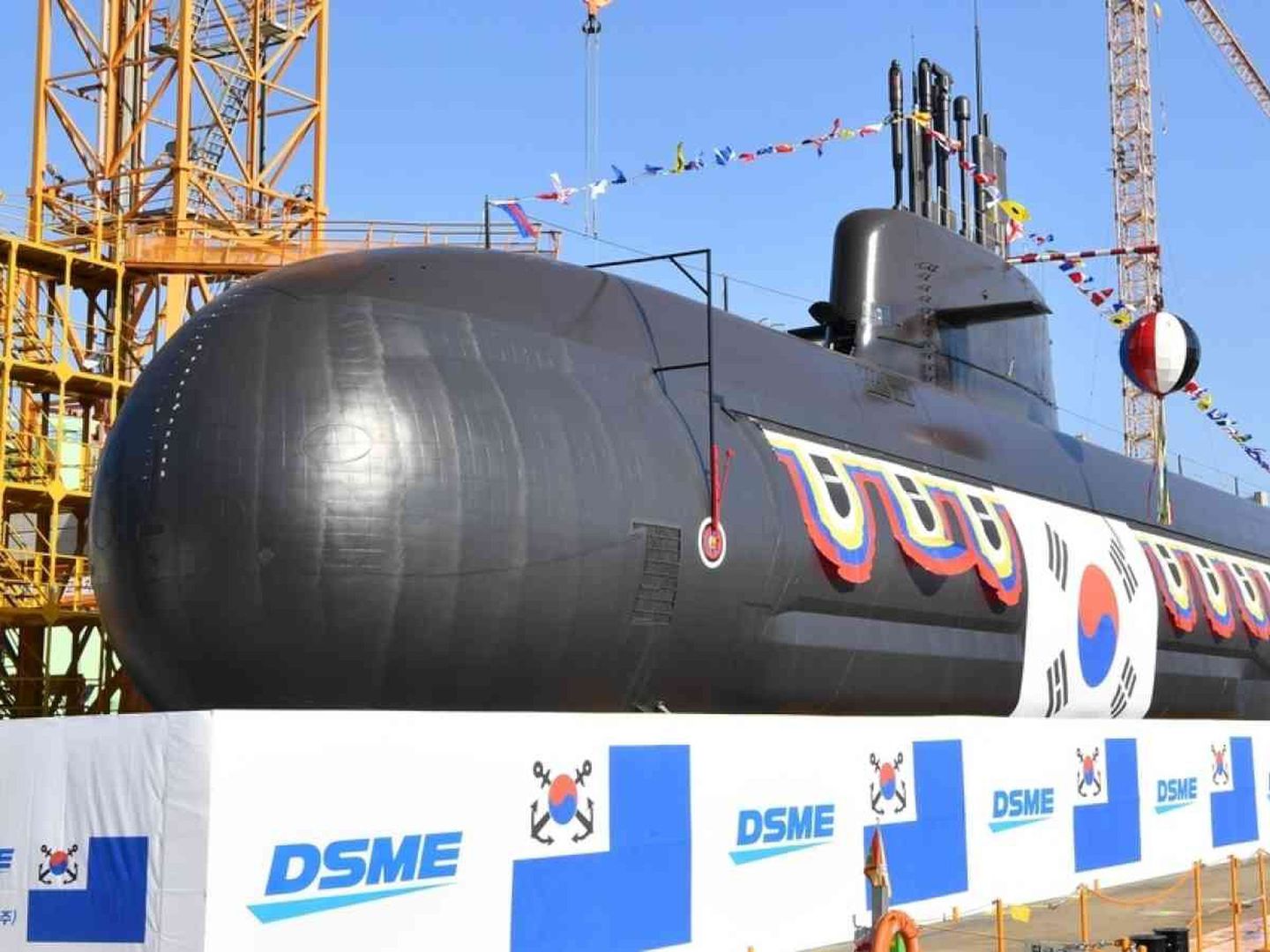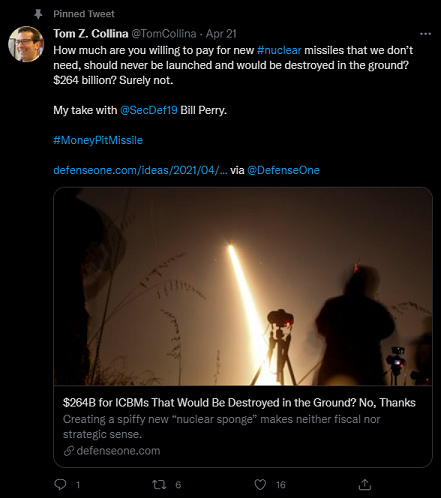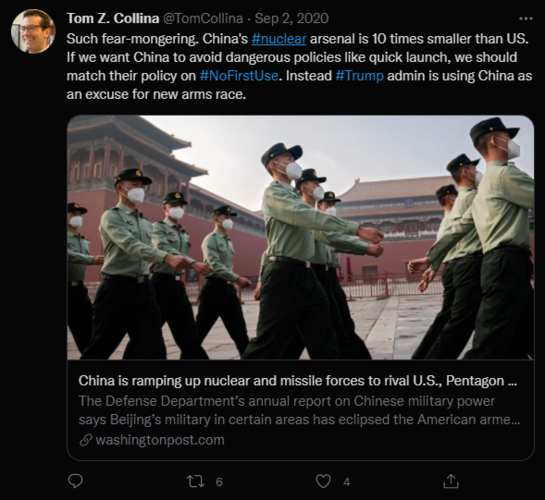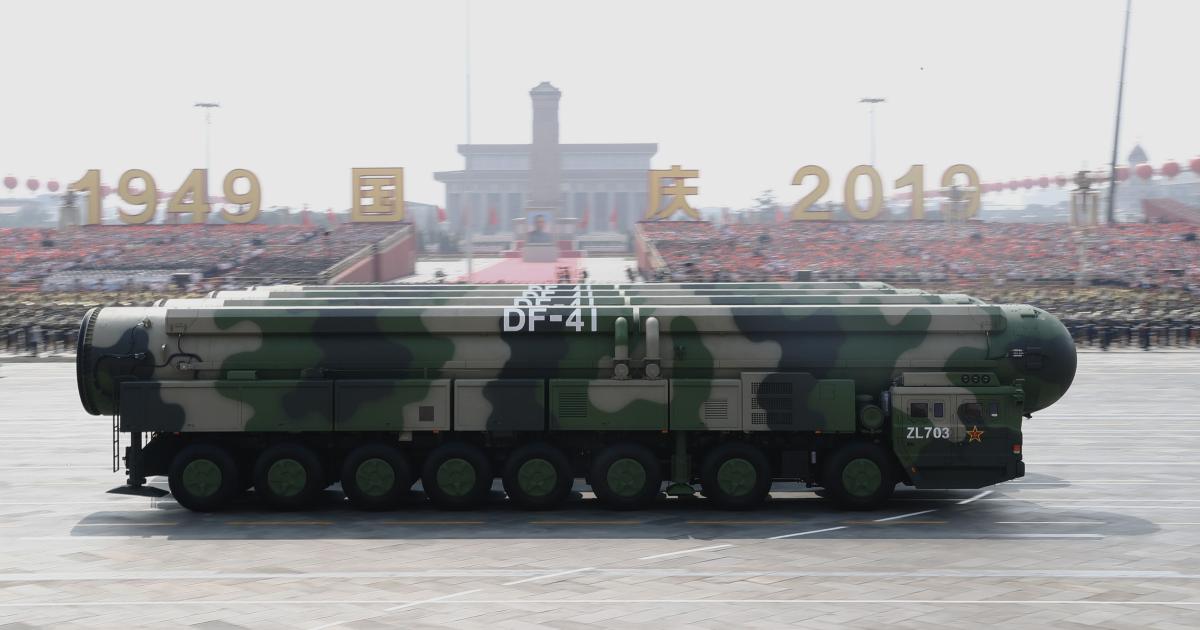ROBERT MALLEY, the man President
JOE BIDEN has tasked with putting the United States back into the Iran nuclear deal, isn’t supremely confident he’ll succeed in his mission.
“It’s just one big question mark,” he told NatSec Daily during an exclusive interview in his State Department office. Rejoining the multinational accord “is not something that we can fully control,” he said, citing a lack of engagement from the Iranians.
Negotiations between the United States, Iran and five world powers have proceeded fruitlessly since April. Tehran’s side won’t even speak directly with Washington’s and instead prefers working through intermediaries while in Vienna. That dance was complicated by the arrival of new Iranian President
EBRAHIM RAISI, a hardliner who experts suspect
is more skeptical of the diplomatic effort than his pact-signing predecessor. No open bargaining has taken place since Raisi came to power in mid-July.
Moments after pointing to a portrait of former Secretary of State
MIKE POMPEO unceremoniously stashed at the bottom of his closet (a joke apparently played by staff), Malley repeatedly refused to assign a percentage chance to America’s reentry into the deal. “I wouldn’t be helping you much if I gave you a percentage,” he insisted, saying the unknown variables are about what the Iranians will and won’t do. But, he added, “we are prepared to resume the talks, which we wouldn’t do if we didn’t think [a deal] was possible.”
Should the United States and Iran fail to agree on terms in the coming months, the envoy says his team is preparing some contingencies. One is that Washington and Tehran sign a wholly separate deal, complete with different parameters than the current accord. Another is a suite of punitive responses in coordination with European allies, though Malley didn’t specifically detail what those would be.
Malley does say that, in his mind, it’s only logical that “a return to the deal is in the cards,” since both the United States and Iran —
even under Raisi — have said that’s what they want. The delay, he claimed, is due to mistrust sowed during the Trump administration’s “maximum pressure” campaign and the political transition in Iran.
“But there is absolute justification to have a question mark, because if you haven’t reached [a deal] yet, the talks drag on. If Iran’s nuclear advances progress, and Iran continues to take provocative nuclear steps, not even mentioning their regional provocations … that pulls in the other direction” — meaning away from an agreement, Malley told NatSec Daily.
“It at least makes us very aware of the fact that it is certainly not a done deal, that it’s a legitimate question whether we will be able to come back, and that we have to be prepared for a world in which Iran’s intentions are not to go back into the [pact], at least not in a realistic way,” he said.

